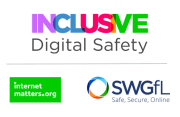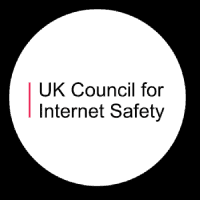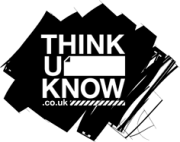E-Safety
“Being online is an integral part of children and young people’s lives. Social media, online games, websites and apps can be accessed through mobile phones, computers, laptops and tablets – all of which form a part of children and young people’s online world. The internet and online technology provide new opportunities for young people's learning and growth, but it can also expose them to new types of risks.” nspcc.org.uk
Our e-safety curriculum forms a key part of our preventative curriculum and is explicitly taught in computing and PSHE. Our preventative curriculum extends to timely opportunities in other subjects, assemblies and awareness days. Throughout the year, all children will be taught the following:
- Self-image and identity
- Online relationships
- Online reputation
- Online bullying
- Managing online information
- Health, well-being and lifestyle
- Privacy and security
- Copyright and ownership
Our whole school approach to online safety helps to ensure staff, governors, volunteers and parents educate themselves and children about online safety. We have a dual responsibility to ensure the school’s online procedures keep children and young people safe, and to teach them about online safety, in and outside of school.
Click here to view our online safety page.
We foster an open environment in which children and young people are encouraged to ask any questions and participate in an ongoing conversation about the benefits and dangers of the online world.
UK Council for Internet Safety
The school follows the framework from the UK Council for Internet Safety (UKCIS) who have produced a framework to equip children and young people for digital life: Education for a Connected World framework. The framework supports one of the key aims of the government’s Internet Safety Strategy: supporting children to stay safe and make a positive contribution online, as well enabling teachers to develop effective strategies for understanding and handling online risks.
The school uses the ‘360 degree safe’ online safety self-review tool to help review our policy and practice.
KEEP CHILDREN SAFE ONLINE
The internet, mobile phone, Bluetooth, chat/instant messaging and games console are integral to our children’s everyday lives. The internet is the greatest world library for your child and has many benefits, but it also carries risks. Once a year an e-safety meeting will be arranged for parents to help support them in understanding computing and e-safety in our school. When necessary we will work alongside the police to inform parents and children of the dangers of being online.
Our Designated Safeguarding Lead is Richard Street. Our Deputy Designated Safeguarding Lead is Caroline Judd. Our Online Safety Lead is Conor McKeown.
HOW TO SET YOUTUBE RESTRICTIONS FOR AGE-APPROPRIATE CONTENT
CHILDNET ADVICE FOR PARENTS & CARERS
Government guideline archives can be found here.
Click on the links below for further support.
Child Exploitation and Online Protection Agency. Look for this Icon on all Social Networking sites to report cyber bullying.
Think You Know: Think You Know home activity packs include simple 15-minute activities you can do with your child to support their online safety at home.

Internet Matters. Empowering parents, carers, and professionals with tailored advice and insight to make meaningful interventions in the lives of children and young people most likely to experience online risks, this advice hub is the first of its kind.

Childnet. Childnet works directly with children and young people from the ages of 3-18, as well as parents, carers, teachers and professionals, finding out about their real experiences online and the positive things they are doing.




